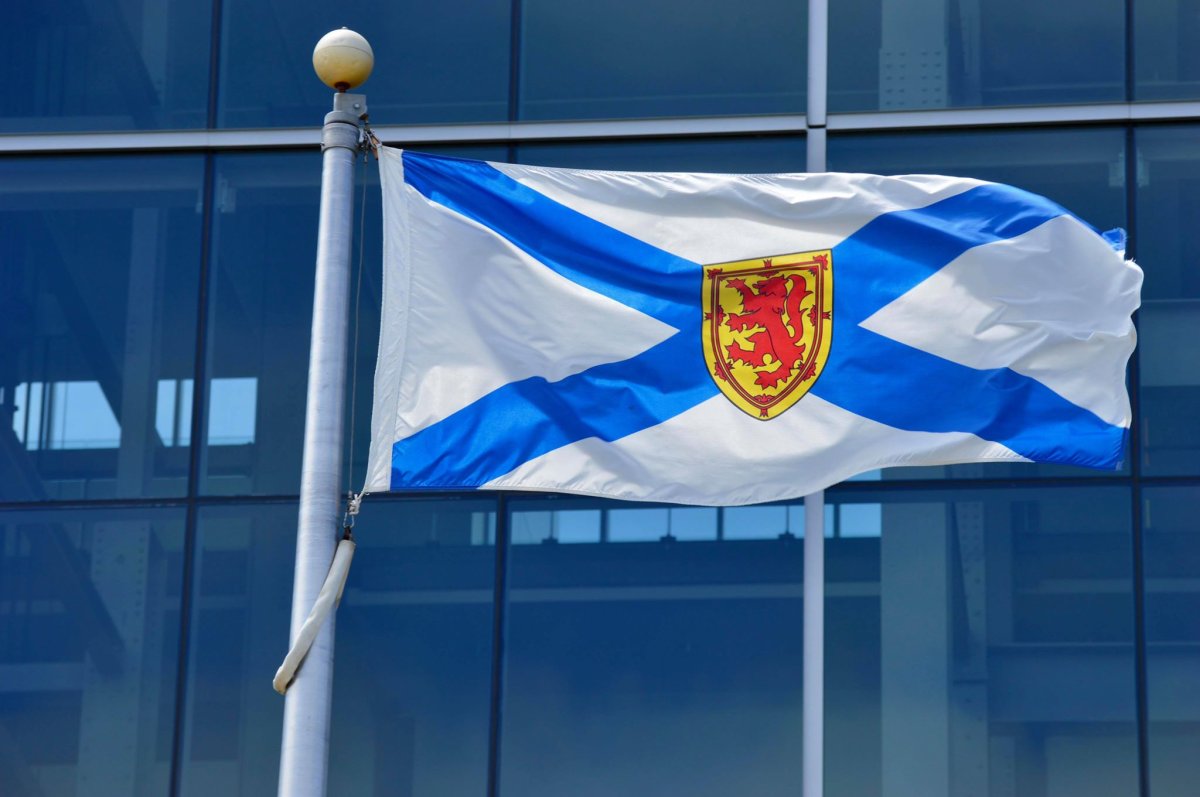A long-time advocate for opening adoption records in Nova Scotia says a new bill tabled Friday represents “monumental change” for adoptees and birth parents in the province.

“This has been something that adoptees have been pushing for many years, and to see these changes take place – it’s life changing for many people,” Scott Pyke of the Nova Scotia Adoptee Advocacy Group told reporters.
The Liberal government on Friday tabled the Act to Open Adoption Records in Nova Scotia, which would grant children access to their adoption records once they turn 19. Their birth parents would also get access to the files.
Nova Scotia’s existing Adoption Disclosure Program offers adoptees or birth parents the ability to search the system and locate each other. But when a person is located they must consent to being identified before information is shared. If they refuse the information remains private.
Community Services Minister Kelly Regan says she believes the new legislation strikes a balance between the need of some to know and of others to have privacy.
“Simply put, we are reversing the onus just as we did with the Organ Donation Act – consent is presumed but parties to an adoption can opt out,” Regan told reporters Friday. “I’m absolutely aware that this is a sensitive and deeply personal for many people.”
- Budget 2024 failed to spark ‘political reboot’ for Liberals, polling suggests
- Train goes up in flames while rolling through London, Ont. Here’s what we know
- Peel police chief met Sri Lankan officer a court says ‘participated’ in torture
- Wrong remains sent to ‘exhausted’ Canadian family after death on Cuba vacation
Regan said the veto provision would apply to all adoption records regardless of when the adoption took place.
Adoption records in the province were sealed in the mid-1940s, and the bill would make Nova Scotia the last province to fully open its adoption files.
The Department of Community Services holds records for about 31,800 adoptions and says on average, 150 children are adopted in Nova Scotia each year.
Pyke said he has already reconnected with his birth family and is rebuilding a relationship with them.
“There’s always a part of you that seems to be a little bit missing or foggy when you are adopted,” he said. “Having this open up in such an amazing way is going to really add a part back into everyone’s lives.”

The newly proposed bill includes measures to protect the privacy of the adoptee or birth parents. They would each have the option to file a disclosure veto stating they don’t want to be identified. Both could also file a contact notice in which they would agree to share information but would state a preference regarding if or how they want to be contacted.
Pyke said his group is comfortable with having the veto in place after talking to other advocacy groups across Canada. He said it helps that the veto can be withdrawn if the person who files it changes their mind.
The act sets out the type of information that can be shared with relatives or birth siblings and includes a new definition of “potential birth father.” That person would be defined as someone who has been identified in an adoption record as the “potential biological father.”
Nova Scotia’s new bill would also allow Indigenous adoptees to know their community of origin if it is included in adoption records.
Once passed, the legislation wouldn’t take full effect until at least April 2022. The delay would give time to the Community Services Department to make software upgrades that would allow it to run the new program.
This report by The Canadian Press was first published March 12, 2021.



Comments